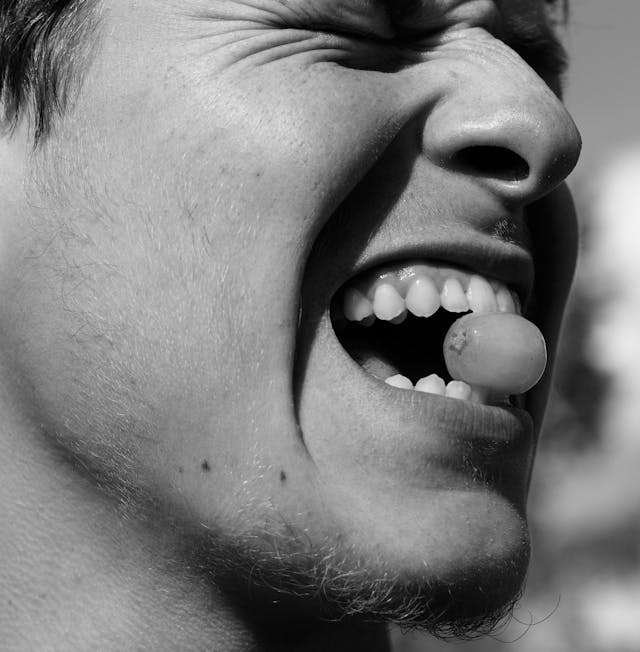 ActiveCare Physical Therapy, PC
ActiveCare Physical Therapy, PC
29 West 38th Street
Suite 601
New York, NY 10018

* We Accept Medicare | No Fault | Workers Comp *
Jaw Joint Pain: Understanding Bruxism and TMJ Discomfort

Jaw joint pain, medically known as temporomandibular joint (TMJ) pain, can have various causes, and one common factor is bruxism, or jaw grinding. Bruxism is a condition where individuals involuntarily clench or grind their teeth, often during sleep. This persistent grinding can lead to discomfort and pain in the TMJ area. In this post, we’ll explore the connection between jaw grinding (bruxism) and TMJ pain, as well as strategies for finding relief and managing this condition.
The Connection Between Bruxism and TMJ Pain
Bruxism and TMJ pain are closely related due to the excessive stress and strain placed on the temporomandibular joints during grinding. Here’s how bruxism can contribute to TMJ discomfort:
1. Overloading the TMJ
The forceful grinding and clenching of teeth exert significant pressure on the TMJ, potentially leading to inflammation and pain.
2. Muscle Tension
Bruxism can cause the muscles surrounding the jaw to become tense and overworked, contributing to TMJ pain.
3. Jaw Misalignment
Chronic bruxism may result in misalignment of the jaw, leading to jaw joint pain and discomfort.
Consequences of Bruxism on TMJ
Persistent bruxism can result in several issues related to the TMJ, including:
1. TMJ Pain
The excessive forces exerted during grinding can lead to inflammation and pain in the temporomandibular joints.
2. Jaw Stiffness
Bruxism can cause the jaw to become stiff and limited in movement, making it difficult to open and close the mouth comfortably.
3. Headaches
Tension in the jaw and surrounding muscles from bruxism may contribute to tension headaches and migraines.
4. Tooth Damage
Chronic grinding can result in tooth wear, fractures, or even tooth loss.
Finding Relief and Managing Bruxism
 If you suspect that bruxism is causing your TMJ pain, there are strategies to find relief and manage this condition:
If you suspect that bruxism is causing your TMJ pain, there are strategies to find relief and manage this condition:
1. Mouthguards or Splints
Dentists often recommend custom-fitted mouthguards or splints to protect teeth from grinding and alleviate pressure on the TMJ.
2. Stress Reduction
Practicing stress-reduction techniques such as meditation, yoga, or counseling can help reduce bruxism triggered by stress.
3. Medications
In some cases, muscle relaxants or anti-anxiety medications may be prescribed to manage bruxism.
4. Dental Correction
Dental procedures like dental crowns, bridges, or orthodontic treatments may be necessary to correct tooth damage or jaw misalignment caused by bruxism.
5. Physical Therapy
Physical therapists can provide exercises and techniques to relax jaw muscles and improve jaw joint function.
Conclusion
Jaw grinding, or bruxism, can indeed cause discomfort and pain in the TMJ area. Recognizing the connection between bruxism and TMJ pain is the first step toward finding relief and managing the condition. If you suspect that bruxism is contributing to your TMJ discomfort, consult with a dentist or a healthcare professional who specializes in TMJ disorders to develop a personalized treatment plan that addresses your unique needs.
Contact Information
ActiveCare Physical Therapy™
29 West 38th Street, Suite 601
New York, NY 10018
Phone: (212) 777-4374
Email: staff@bestptnyc.com
Website: https://activecarephysicaltherapy.com/
